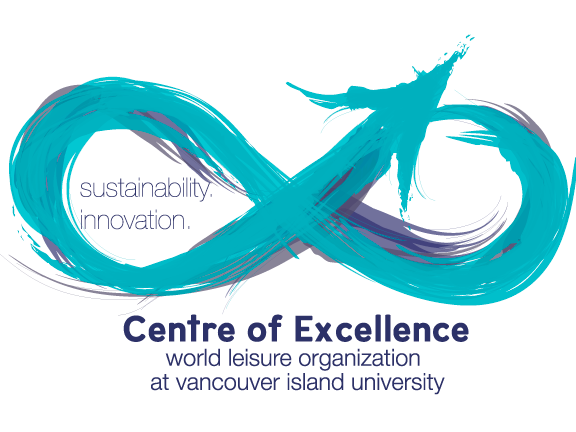Innovative Leisure Practices:
Cases as Conduits between Theory and Practice
Case studies are a valuable way for researchers and practitioners to synthesize and share knowledge with external audiences in a way that allows others to reflect, discuss and learn from approaches taken in other contexts. While ample case studies can be found in areas such as management, sustainability, and community development, there are far fewer cases available in leisure. At a time when new approaches and models are being piloted and learned from in various contexts around the world, the leisure community is missing out on an opportunity to document and learn from these innovations taking place.
The World Leisure Centre of Excellence at Vancouver Island University is accepting case study proposals for inclusion in an annual volume of Innovative Leisure Practice. The intent of the volume is to provide a forum for the exchange of innovative practices in leisure. Innovative practices are defined as any unique, modern or promising approaches, strategies or techniques that have been used to address current issues, opportunities or trends in leisure. These can be practices conducted at a societal, community, or organizational level in either the field of practice or in leisure research.
The first of two intended audiences for these case studies include the faculty and students in leisure related academic programs who can benefit from having current examples of how researchers and practitioners are approaching common issues, opportunities and trends. The second audience will be practitioners who will benefit from having a platform to either share their own innovative practices or gain insight from new research or other practitioner contexts.
The aim of the case studies is to share examples where research and practice connect in innovative ways to offer solutions for common issues and opportunities in leisure. The volume will be shared widely via the network of World Leisure Centres’ of Excellence as a free, downloadable resource for faculty, students and practitioners.
CASE STUDY CRITERIA:
- Be on a leisure related topic (i.e. recreation, tourism, sports, arts and culture, or parks);
- Identify an issue, opportunity or trend in leisure and factors that have contributed to its existence;
- Provide background information on the innovators - the organization(s) or stakeholders involved;
- Identify an innovation in the field such as new practices, models, paradigms, processes, projects or partnerships that were used to address an issue, capitalize or mitigate a trend, or opportunity;
- Demonstrate how research or evidence was used in practice;
- Discuss the impact, implications and lessons learned in the case;
- Be between 3,000 to 5,000 words, not including support materials such as tables, pictures, etc.
EXPRESSIONS OF INTEREST SHOULD:
- Include the names, institutional affiliation, contact information, bios (max 200 words) and photos of all authors;
- Address the case study criteria in a 800-1000 word proposal and describe the value of the case study for academic and non-academic audiences.
- Be submitted by March 30, 2015 via email to the Editorial Team.
FULL CASE STUDY SUBMISSIONS SHOULD:
- Include a set of 3-5 learning outcomes;
- Incorporate headings for: a) the issue, opportunity or trend, b) the innovation, with subheadings for case context, stakeholders involved, approach used and the impact; c) the implications and lessons learned from the case and d) discussions questions (3-5). Where supporting evidence is useful for the discussion questions, it should be provided as well.
- Be submitted to the editorial team by August 15, 2015.
The volume is expected to be released by December 2015.
SUBMISSIONS CAN BE SENT VIA EMAIL TO THE EDITORIAL TEAM:
Dr. Nicole L. Vaugeois
BC Regional Innovation Chair in Tourism and Sustainable Rural Development
Vancouver Island University
Dr. Pete Parker
Professor, Faculty of Management

